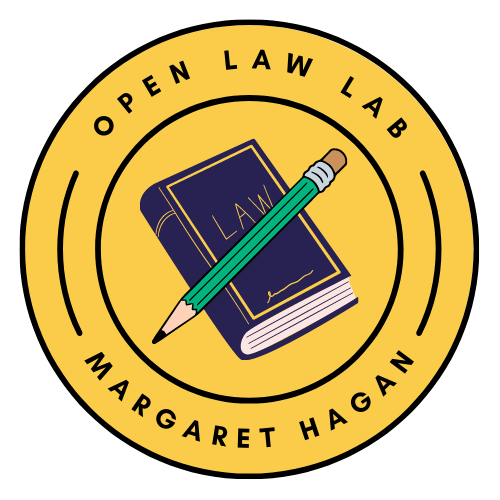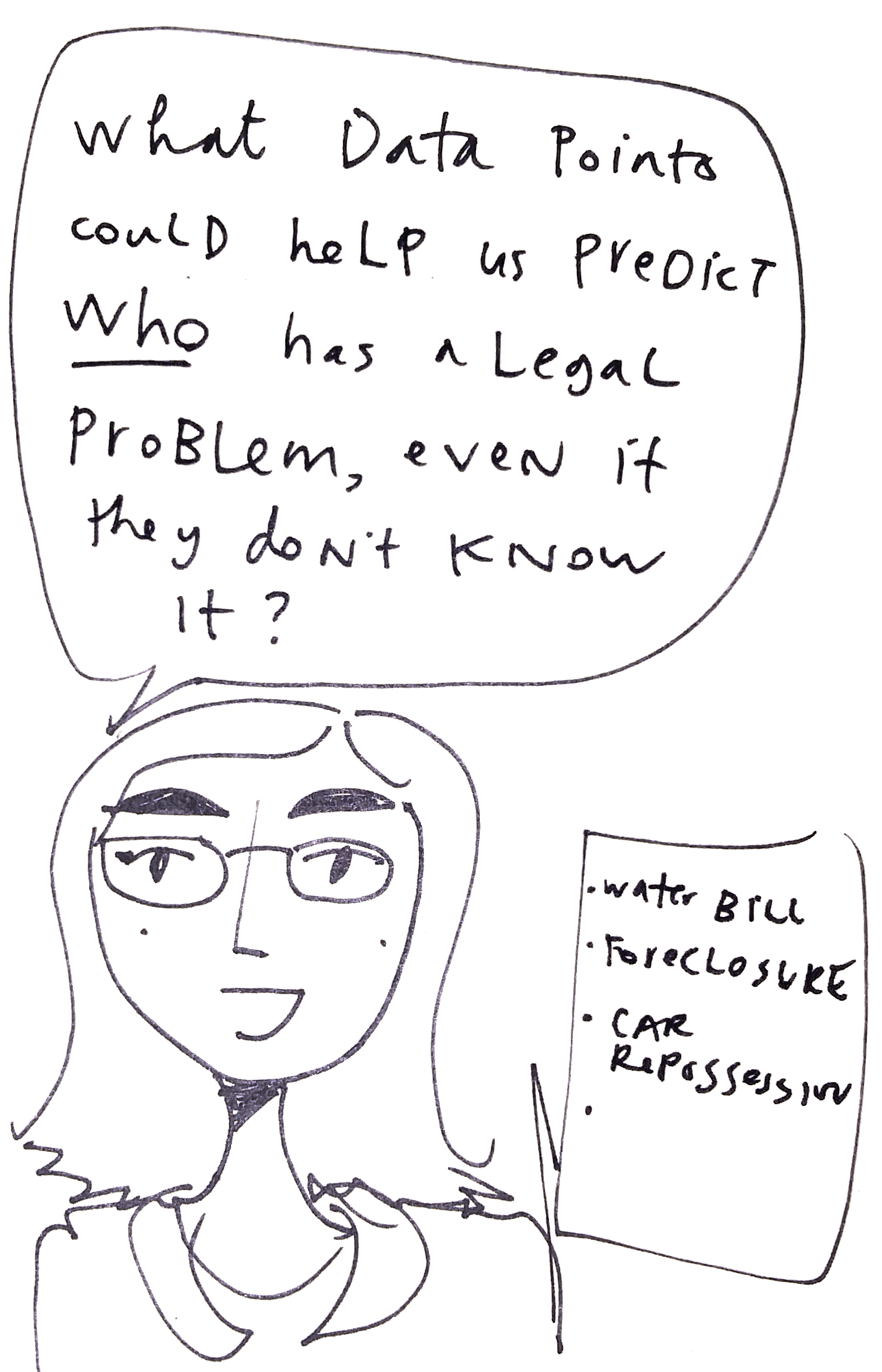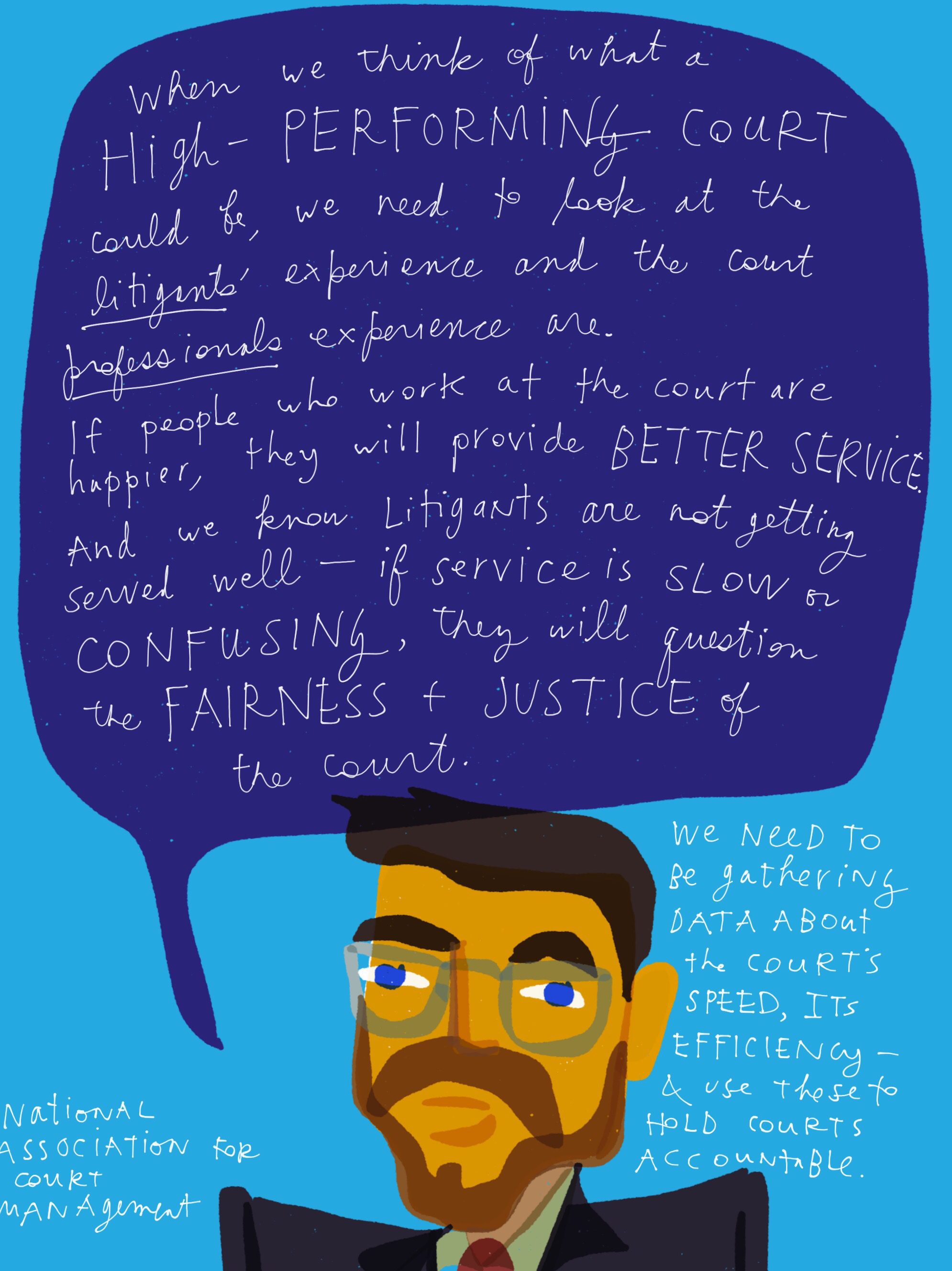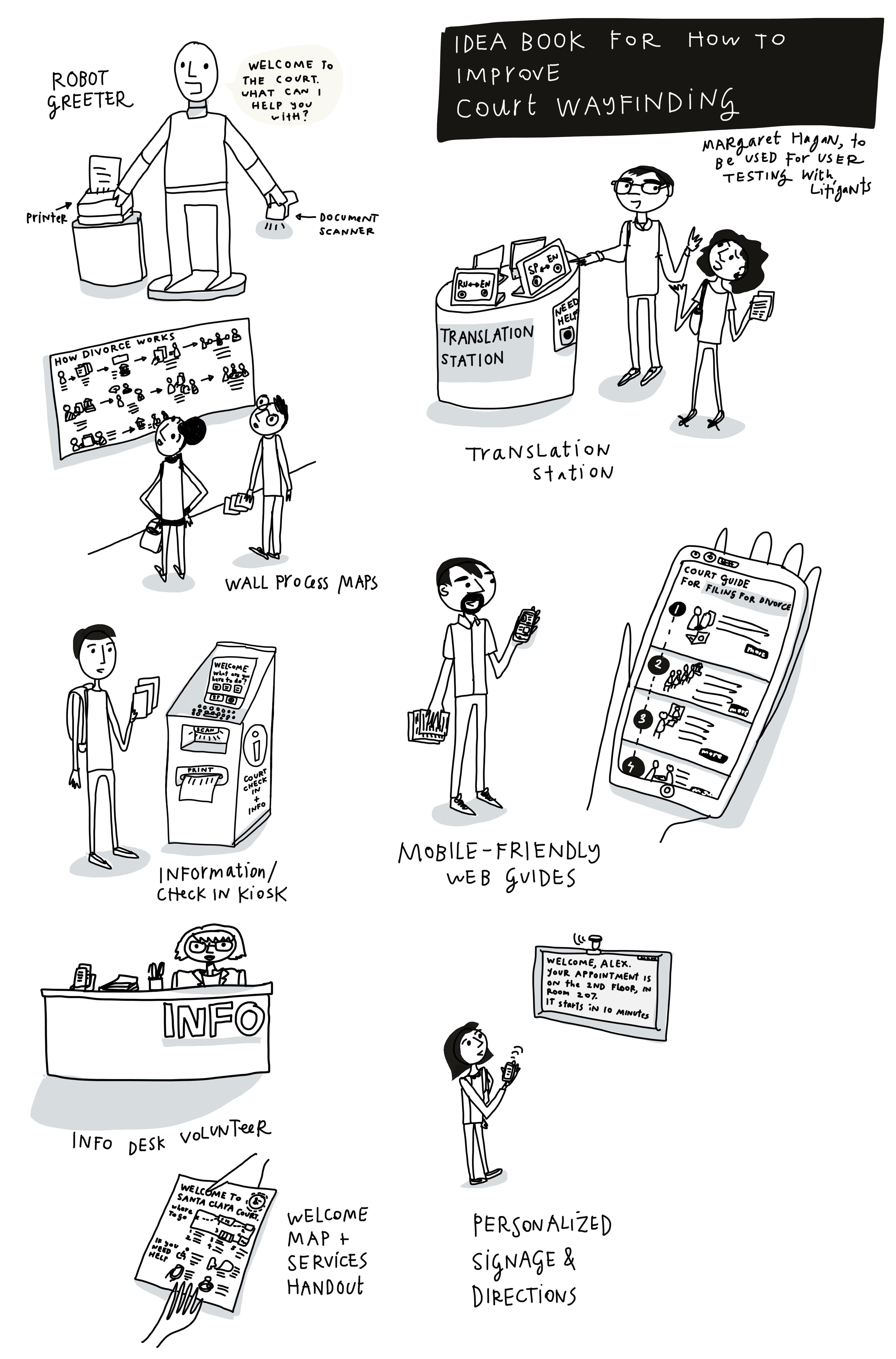One of the most exciting ideas that came out of last month’s Legal Services Corporation/Technology Innovation Grants conference in San Antonio was the idea of using data to engage people with legal problems to use the legal system to address them.
The concept came from a lawyer in Maryland, Matthew Stubenberg who serves as the IT Director at Maryland Volunteer Lawyers Service. He has used public-facing databases, to find the other issues that his legal aid group’s clients have. This includes overdue water bills, foreclosed homes, repossessed cars, and criminal records.
He’s also developed a more recent initiative to scrape some Maryland counties’ criminal case databases to find people whose records are expunge-able but not expunged. This goes to the question of how we engage people who don’t know they have legal problems, but have them and could be using the legal system to address them. The group compiled the list of people in certain counties whose records could be expunged, and then mailed out an invitation to them with details about an open Expungement Workshop, to get them to free or affordable legal services.
It’s such an interesting idea — using public data to come up with new engagement and preventative strategies to help people with the legal system (even if they themselves don’t know the legal system is relevant to them at all). I know some people initially get suspicious that this is how ‘scammers’ or ‘bottom-feeders’ operate, trolling databases to try to sell people over-priced or poor-quality services in their time of need.
But I’m very interested in figuring out how to use these data-driven strategies to:
- alert and engage people — in trustworthy, accessible ways — that they have legal problems, and that there is help they can be getting
- target more effective outreach to people in certain geographies and communities that have un-addressed legal problems, to advertise and connect with them smartly
- find patterns in what the data-markers are for legal problems, and particularly what some of the first types of problems people have that lead to a spiral of legal problems (For example, is it an overpaid water bill, that then indicates there are money troubles, which can then spiral into repossessions, foreclosures, family law issues, bankruptcy, etc.?)
There are lots of ethical questions about gathering and collating data about people and their life problems (even if it is available in public databases), and then about proactively reaching out to them to inform them of their legal rights and resources. That said, it’s worth exploring what’s possible when it comes to engaging more people to access justice and use legal tools to stop life problems from exploding.





1 Comment
[…] We have talked about how legal tech often focuses on the wrong problems and that one of the things we should be doing is working to better access and wrangle big data. We have also discussed, again and again and again, how to close the access to justice gap. One legal aid organization in Maryland – the Maryland Volunteer Lawyers Service, may have figured out a way to use big data to help close that gap. […]